The early days of renewables saw these systems priced quite heavily (as all major technology upgrades usually are), and with time and innovation have come more effective and efficient solar battery storage options to implement that cost less to install and hold more power.
We’ve always been focused on the future at 13 KUGA, we’ve been in the renewables game for a long time and have seen the innovation of solar battery storage solutions progress over time. Our projects have allowed businesses and commercial enterprises to take full advantage of renewable energy and elevate their bottom line to coincide with a greener future.
There’s still some understandable confusion when it comes to solar battery storage, questions of eligibility, necessity, and true power potential are often the more common queries we receive. With that in mind, this article will be exploring some of the pros and cons of solar battery storage.
How They Work
Let’s spark this conversation with a quick rundown of how solar battery storage works in scope. A typical renewable panel setup will soak up sunlight during the day to power the property it is connected to.
If excess power is manufactured, the additional energy would then typically be routed back into the grid. Businesses would take advantage of schemes such as Feed-In Tariffs to be compensated for this additional power.
As time went on, the capabilities of solar battery storage began to mature and become more attainable and reliable as a potential game-changer for commercial properties. These systems are designed to safely store excess power to be utilised after dark and to work as backups for issues/blackouts that may occur.
These systems have become more and more sophisticated as time has gone on, with a more recent example of large-scale implementation being the South Australian farm project headed by none other than Tesla’s Elon Musk. This stunt showcased a few things:
- That renewable energy could be sustainably competitive with fossil fuels,
- With the right technology, these systems could be scaled up immeasurably, and
- Emergency power can be in the hands of owners and businesses across the country.
Pros & Cons
Now that we understand a little more about how these systems operate, it’s time to break down a few pros and cons that are often associated with solar battery storage projects.
Pros
Reduced Carbon Footprint
Having a renewable setup is already a plus for the environment. Factoring in the energy savings that come with a local solar battery storage solution in lieu of siphoning it from the grid exceedingly adds to the overall reduction of carbon emissions and strain on the grid.
Increased Self-Reliance
Any business/commercial enterprise looking at increasing their overall self-reliance for their power needs will have a much easier time in the long term. Particularly with the unpredictability of power prices causing havoc for a company’s budgeting strategy, having some peace of mind in the form of a solar battery storage system can increase company autonomy and reduce the stresses of chaotic price changes.
Cost Savings For 24hr Businesses
Some companies are running 24/7 which requires power at all hours of the day, not just when the sun is shining. In days gone by, this usually meant paying a more premium rate for power from the grid. However, with an effective solar battery storage setup, these companies are able to operate with stored power for longer and cut operational costs in the long term.
Emergency Contingency
With weather patterns becoming more erratic and blackouts becoming more cumbersome and common around the world, having a contingency and a failsafe solution is a no-brainer.
Cons
Business Eligibility
Understandably, not all businesses and commercial entities will have the expressed need for a solar battery storage system due to their operational times and energy requirements. While these systems are remarkably efficient, the overall costs may not necessitate their installation.
Pricing Differentials
While the price has reduced over time, the upfront costs and maintenance requirements of implementing solar battery storage in a broad sense may not be the wisest financial move for smaller-scale operations that could use the capital to grow their business.
Where 13KUGA Comes In
The Pros certainly outweigh the Cons when it comes to commercial solar battery storage setups, this is why we are always on the front foot when it comes to new and exciting opportunities in the renewables space.
We’ve successfully implemented and assisted countless businesses with forward-thinking energy and solar battery storage solutions. If you’re on the fence and wish to learn more about how we can help you, get in touch with one of our team and we will gladly assist you.

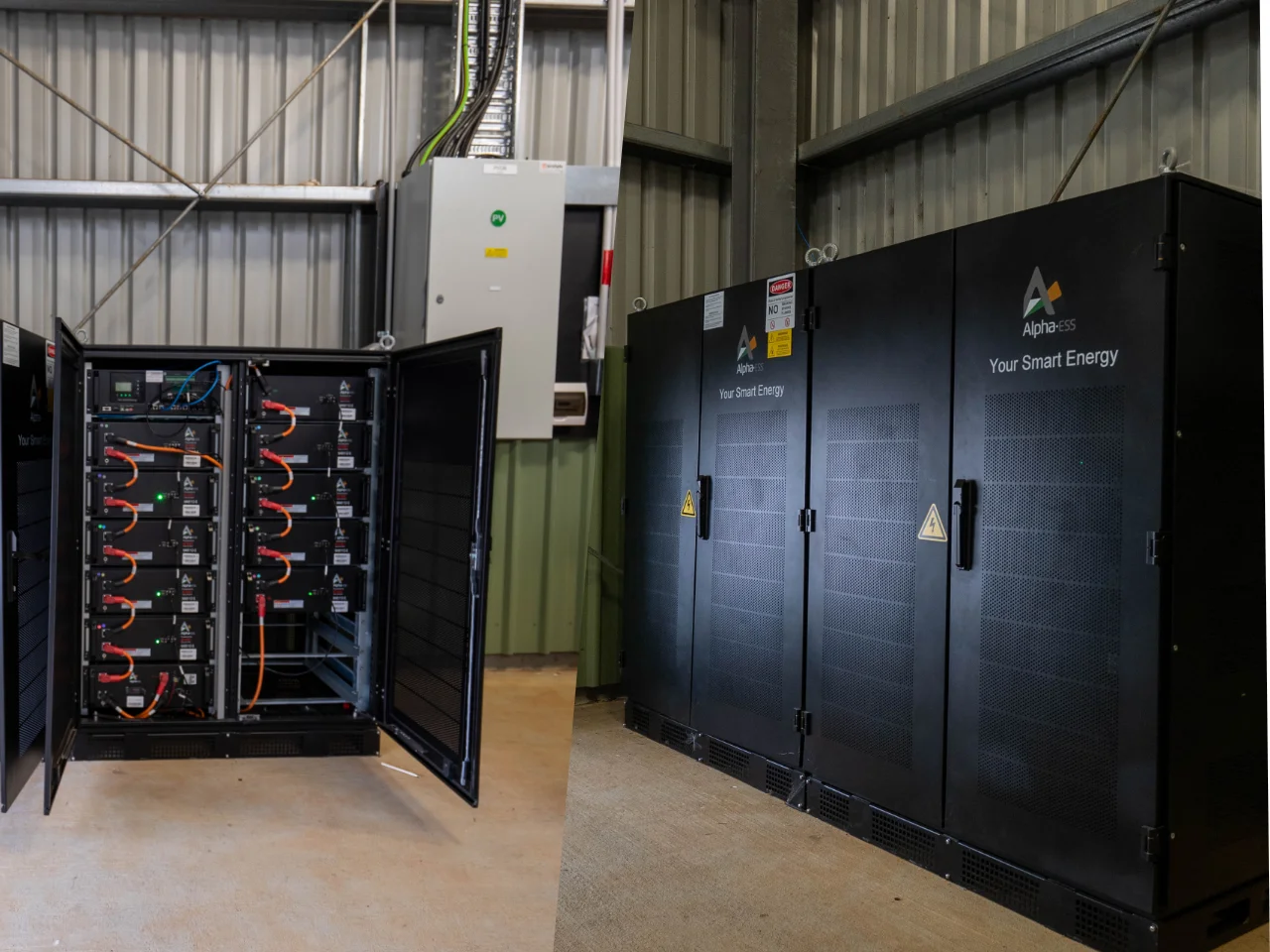
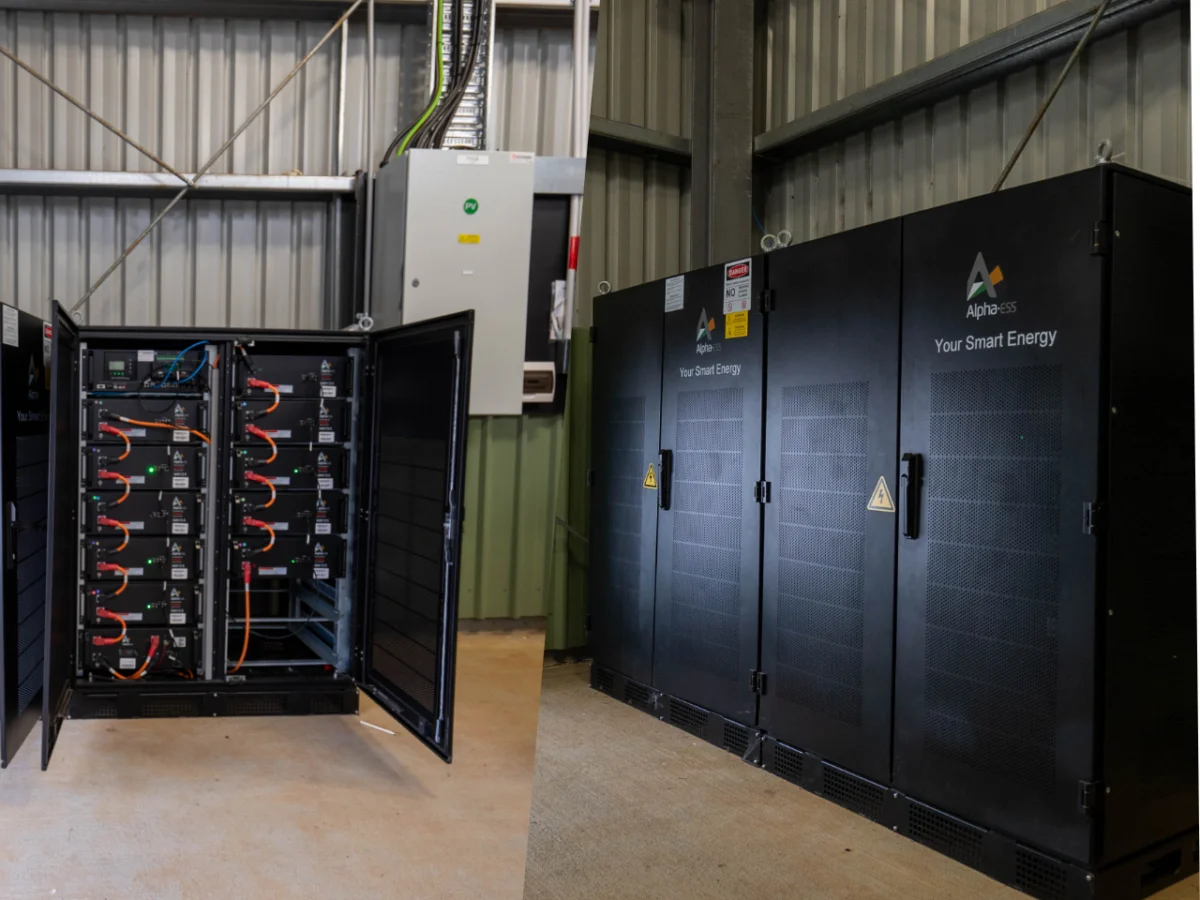
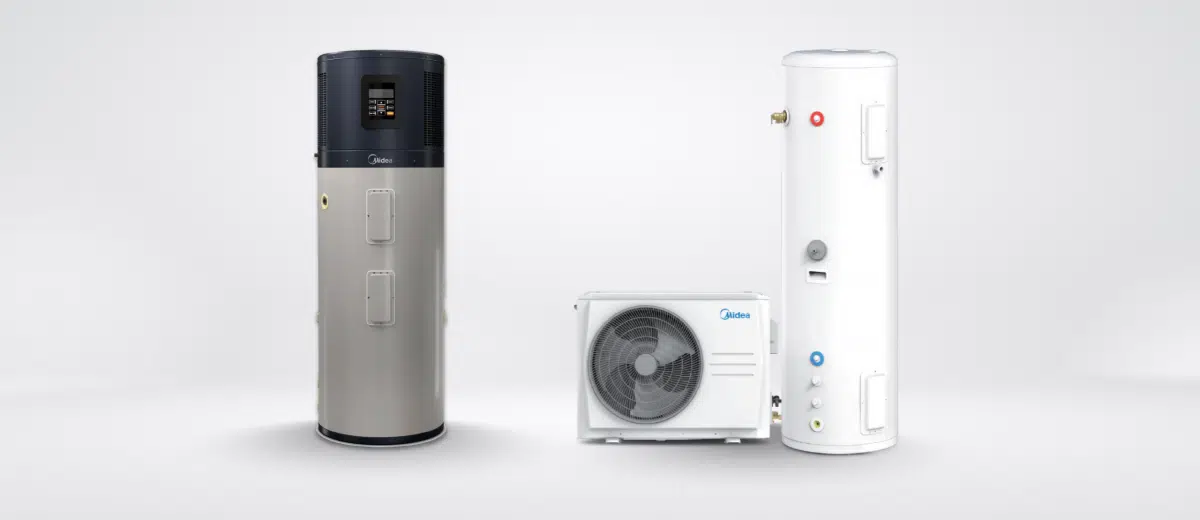
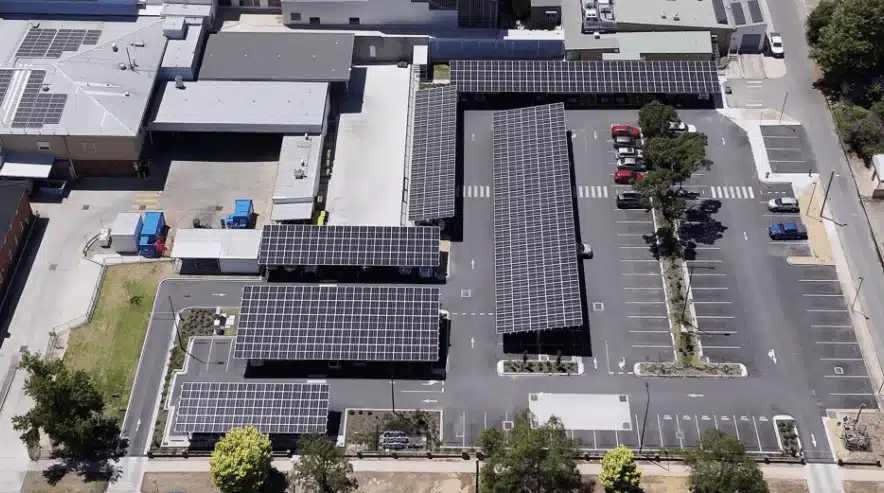








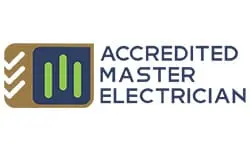
 Get Quote
Get Quote Call Now
Call Now